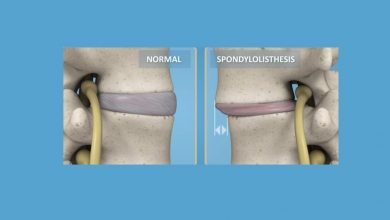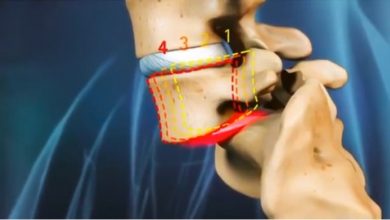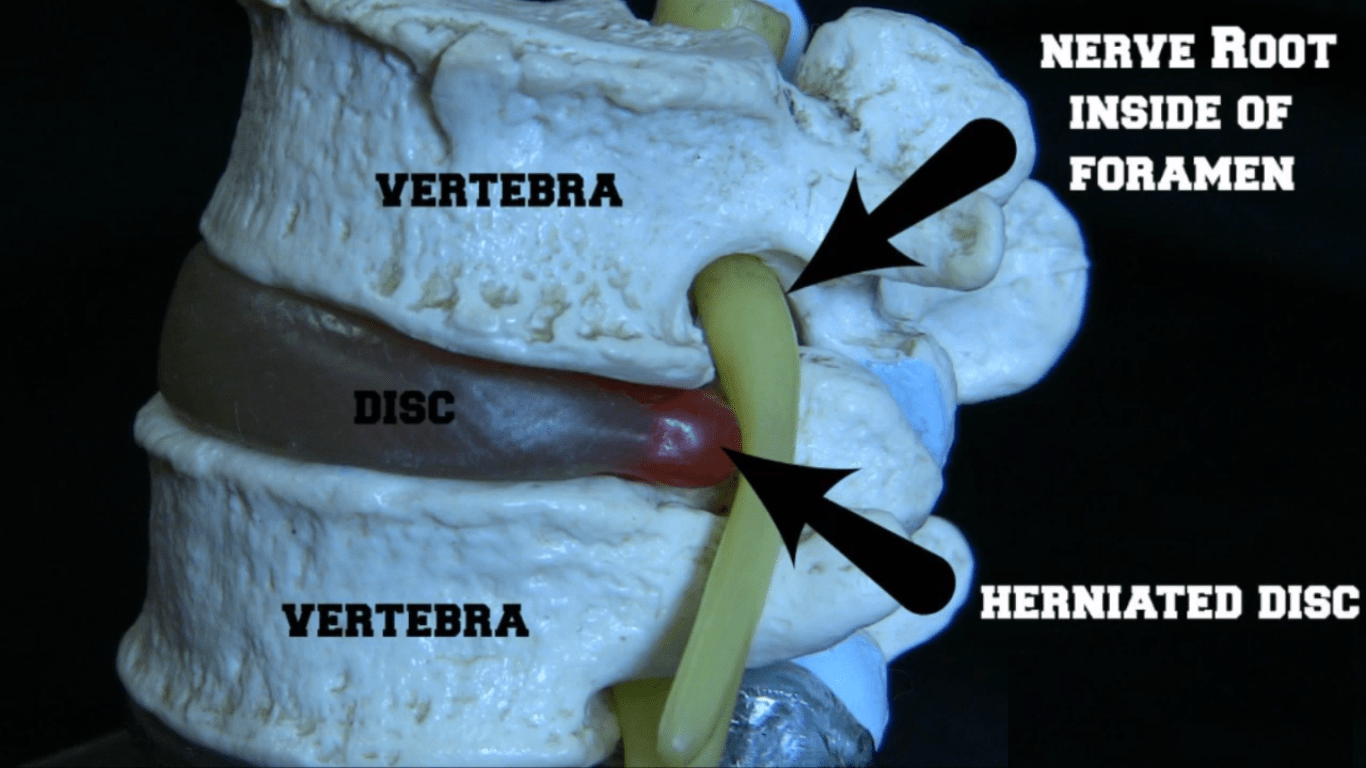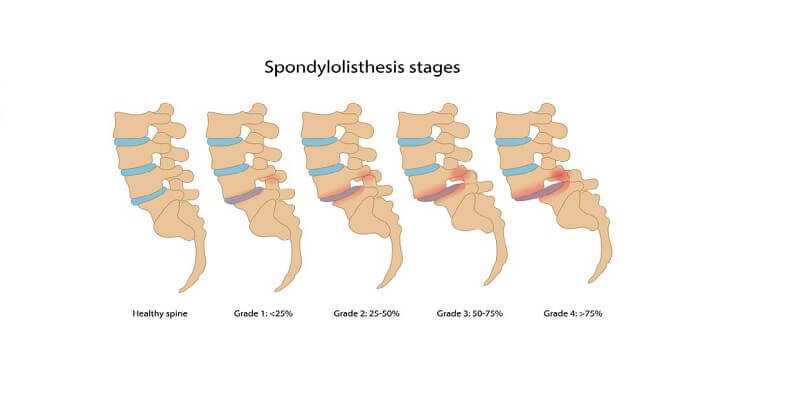Things to Consider Before Spondylolisthesis Surgery

Back surgery for spondylolisthesis is an invasive operation and many patients will require a blood transfusion during the surgery. This often means that a patient will be asked to donate blood prior to their operation for use during the surgery itself. Patients are also advised to quit smoking (if applicable) prior to their spondylolisthesis surgery. This is because smokers have a generally poor prognosis compared to non-smokers when undergoing any operation due, in part, to the negative effects smoking has on respiratory health and tissue oxygenation, and the patient’s nutritional status. Complications are often seen when smokers undergo a spinal fusion procedure as nicotine in the patient’s system can inhibit the formation of new bone and cause pseudoarthrosis to occur.
Physical Therapy for Spondylolisthesis Patients
Ensuring good general health prior to back surgery for spondylolisthesis reduces the risks associated with the operation and patients are advised to remain as active as possible before surgery. If pain is substantial then a physical therapist may be able to assist in devising a strengthening regime of simple exercises that will help condition the patient for optimum rehabilitation after surgery. Patients may be asked to cease certain medications prior to surgery for spondylolisthesis, such as NSAIDs, that may interfere with the operation itself or with recovery and successful fusion. Many prescription and non-prescriptions medications affect the way the blood clots, or inhibit the mineralization of new bone and these are often best avoided for two weeks or so prior to surgery and for several months afterwards as the bones fuse. It is important that all medications, even alternative remedies, are known to the patients’ physician to reduce the risk of complications arising.

Understanding the Risks of Spondylolisthesis Surgery
Surgery for spondylolisthesis is most commonly conducted under general anaesthetic unless the patient has had previous problems with anaesthesia. This means that the patient is usually told to avoid eating or drinking anything from midnight the night before surgery. If a patient suspects they have an infection of any kind, whether this is a cold, flu, bleeding gums, skin sore, or other sign, they should notify their physician prior to surgery as this could lead to the procedure being postponed. The presence of an infection can cause severe complications with the deeper tissues becoming infected after surgery and pseudoarthrosis occurring. Further surgery may then be required to remove infected tissue. Although postponement may be disappointing for a patient it is usually advisable with any infection to reduce the risk of complication.
Patients usually stay in hospital for three to four days after surgery for spondylolisthesis and arrangements should be made to help assist them with daily activities for a short time after they return home. It is common for a back brace to be worn following surgery for spondylolisthesis in order to support the spine as the bone begins to fuse. It is often beneficial for a patient to be measured for this brace prior to surgery unless their posture will change substantially after surgery. Patients may need to wear the back-brace for three to six months following corrective surgery for spondylolisthesis, and it is important to follow physical therapy guidelines during this time to prevent the spinal muscles from becoming weak and unsupportive. Trying to rush recovery by not wearing the brace is likely to reduce the chances of an optimal outcome.





